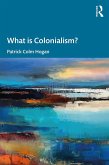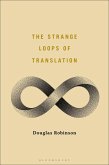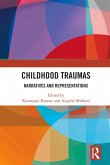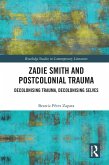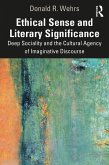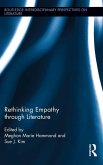Hogan begins with some fundamental conceptual distinctions, such as the degree to which a group shares beliefs, dispositions, and skills versus the degree to which they share identification with a category. Building on these distinctions, he defines colonialism in terms of political, economic, and cultural autonomy, clarifying the nature of culture and autonomy particularly. He goes on to articulate an invaluable systematic account of the varieties of colonialism. The final chapters outline the motives of imperialists, differentiating these from their ideological rationalizations, and sketching the harms caused by colonialism. The book concludes by considering when, or if, one can achieve a genuinely postcolonial condition. Hogan illustrates these analyses by examining influential literary works-by European writers (such as Joseph Conrad) and by non-Europeans (such as Athol Fugard, Kamala Markandaya, and Wole Soyinka).
This accessible and informative volume is the ideal resource for students and scholars interested in colonialism and empire.
Dieser Download kann aus rechtlichen Gründen nur mit Rechnungsadresse in A, B, BG, CY, CZ, D, DK, EW, E, FIN, F, GR, HR, H, IRL, I, LT, L, LR, M, NL, PL, P, R, S, SLO, SK ausgeliefert werden.
"Combining detailed economic analysis with social psychological and cognitive research, Patrick Colm Hogan subtly connects study of the motivations and political viability of colonialist endeavors in India, Ireland, Africa, Australia, and elsewhere with exploration of the emotional investments colonialism elicits and the rationalizing discourse that seeks to justify it. Challenging postcolonial theory that marginalizes truth claims, Hogan draws on extensive empirical evidence in fashioning innovative explanations of colonialism's many varieties, tensions between its motivations and justifications, and assessment of its ongoing material, political, and psychological-emotional legacies." - Donald Wehrs, Hargis Professor of English Literature at Auburn University, USA
"Patrick Colm Hogan's characteristically rigorous book sets itself against the poststructuralist orthodoxies that have dominated postcolonial theory, paying attention to the psycho-social dynamics of group relations and their impact on the language and practice of postcolonialism. Yet it does so without ever losing sight of the political, cultural and economic dimensions of power which make colonialism an on-going reality and a root cause of injustice and violence in our contemporary world" - Peter Morey, Chair in 20th-Century English Literature, Birmington University, UK



